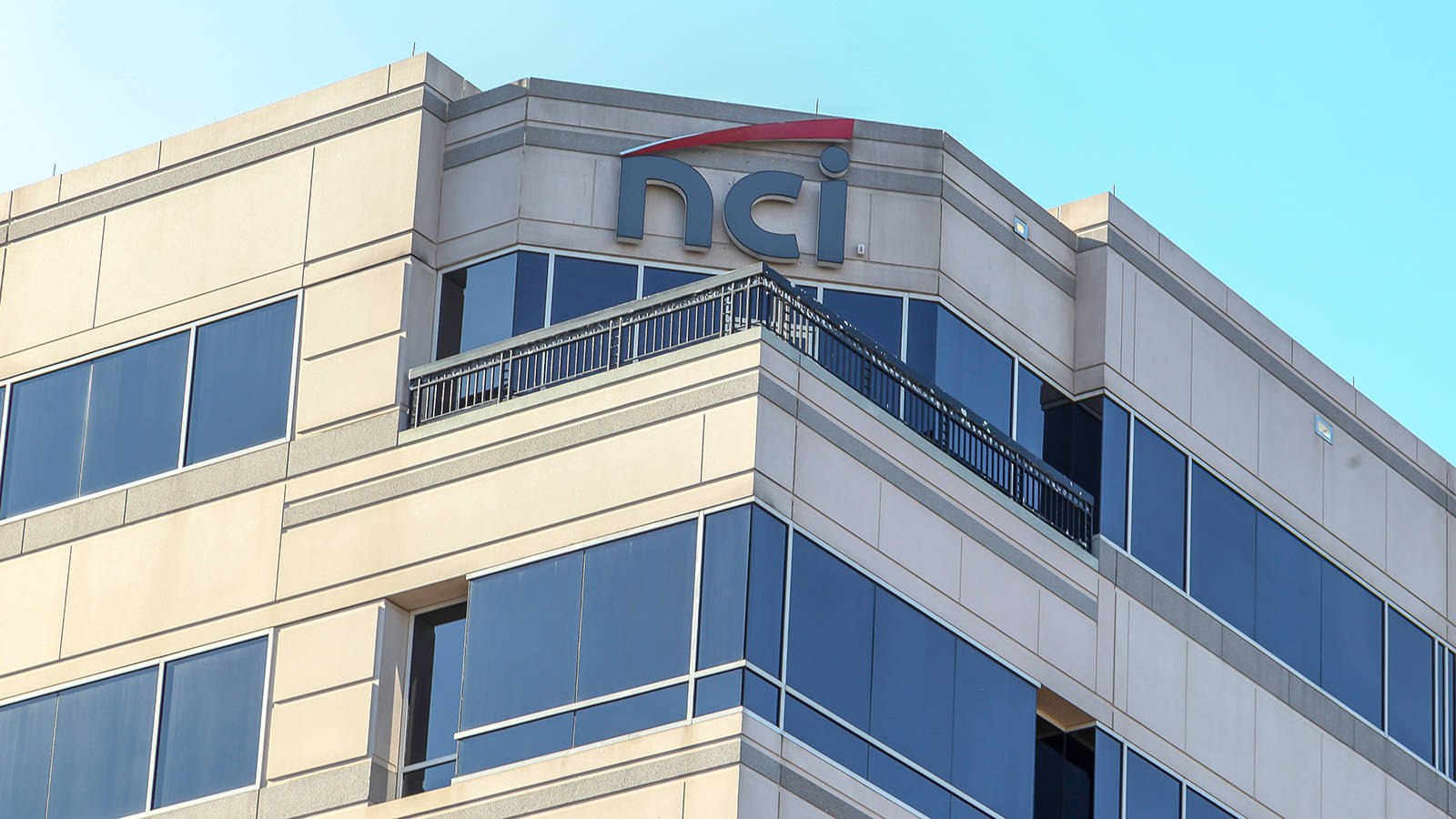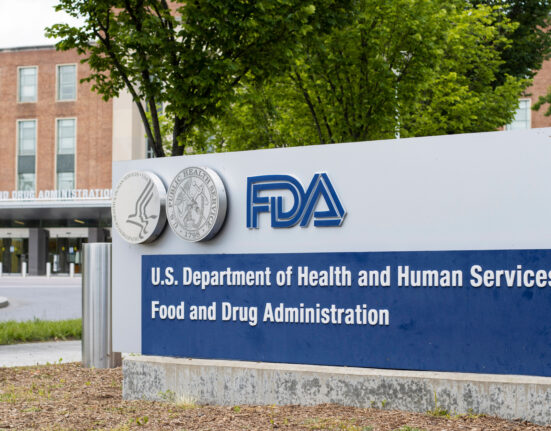Anthony G. Letai, MD, PhD, was sworn in on September 29, 2025, as director of the National Cancer Institute (NCI), part of the National Institutes of Health (NIH), by Health and Human Services Secretary Robert F. Kennedy Jr.
The American Association for Cancer Research (AACR) welcomed the appointment.
“Dr. Letai brings impressive qualifications to this extremely important position,” said Margaret Foti, PhD, MD (hc), the CEO of the AACR, in a press release from the society. “His appointment as NCI director is a very promising development for cancer research and care.”

Dr. Letai is a professor of medicine at Harvard Medical School and Dana-Farber Cancer Institute. His research led to the development of venetoclax, a BCL-2 inhibitor used to treat chronic lymphocytic leukemia, small lymphocytic lymphoma and acute myeloid leukemia. According to the AACR, his work has spurred more than 100 clinical trials worldwide testing additional drugs that inhibit antiapoptotic proteins such as BCL-2, BCL-XL and MCL-1 across multiple cancer types.
“Dr. Letai has been immersed in the relevant science for decades and has been on the cutting edge of how we think about cancer treatment,” said NIH Director Jay Bhattacharya in an NIH press release. “His drive, integrity, and expertise make him the right leader to harness the resources and talent at NCI to reverse America’s cancer crisis.”
“It is a great honor to join Secretary Kennedy and Director Bhattacharya at this watershed moment for our nation’s public health,” Dr. Letai said. “We will work around the clock to identify cancer’s root causes, predictive biomarkers, and most effective treatments. Advances in understanding cell death and replication are essential to realizing President Trump’s vision for a healthy America.”
Dr. Letai’s laboratory work has led to advancements in knowledge of both liquid and solid tumors, as well as a wide range of treatments, including cellular immunotherapies. Dr. Letai is a recipient of the European Cell Death Organization Career Award, the Smith Family Prize for Outstanding Scientific Contributions, and the National Cancer Institute Outstanding Investigator Award, according to the NIH press release.







